
UDK: 10.02.19
Chernychina E.K.
Волгоградский государственный педагогический университет
The central focus of any communicative process is a personality as any message is originated and perceived by people in accordance with their individual cognitive and communicative style, psychological and language/speech peculiarities. It is obvious that every constituent component of the personality’s structure can’t but influence the process of communication: nationality, social status, age, gender, character, temper even appearance leaving alone the mental and communicative abilities and the language knowledge itself. The agents of the cross-cultural communication are within some commonly shared communicative area which requires using the same code, speaking the same “language” which indeed means not only easily understood words, but adequate concepts and emotions hidden behind the words, meeting the mutual communicative expectations both verbally and non-verbally, behaving according to the norms appropriate to the host culture. Thus the structural model of an agent of an effective cross-cultural communication includes cognitive, emotional, motivation , pragmatic and linguistic components and is characterized by the person’s ability of transformation, personal readiness to it and the transformed shared/combined cognitive, emotional and pragmatic personal spheres.
Черничкина Елена Константиновна – к.п.н., доцент, докторант кафедры языкознания Волгоградского государственного педагогического университета, ekch@mail.ru.